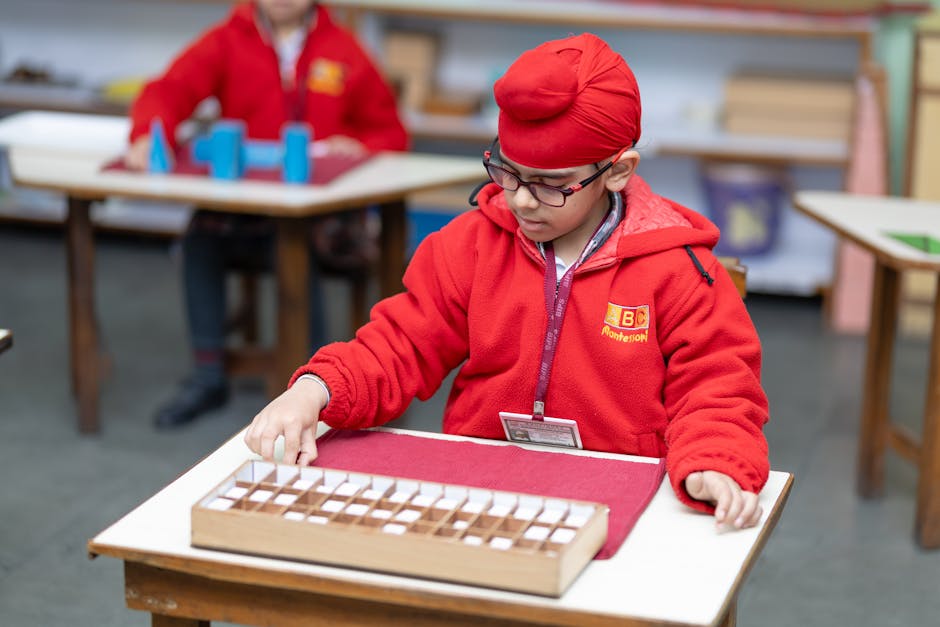Eco Friendly Materials in Childcare Settings
Eco Friendly Materials in Childcare Settings
Blog Article

In an era where environmental concerns are at the forefront of societal discussions, incorporating sustainability into childcare is essential. sustainable childcare practices not only promote a healthier planet but also instill eco-conscious values in children from a young age. By integrating eco-friendly materials, adapting daily routines, and embracing nature-based learning, caregivers can create nurturing environments that support the well-being of both children and the Earth.
Eco-Friendly Materials in Childcare Settings
One of the foundational aspects of sustainable childcare practices is the use of eco-friendly materials. Choosing non-toxic, biodegradable, or sustainably sourced products can create a safer environment for children and reduce the ecological footprint of childcare facilities. For instance, selecting toys made from natural wood or recycled materials ensures that children are not exposed to harmful chemicals often found in plastic toys.
Additionally, using organic fabrics for bedding and clothing can minimize exposure to synthetic dyes and pesticides, promoting better health for children. Craft supplies such as plant-based paints, recycled paper, and natural glues can also inspire creativity while being gentle on the environment. By opting for these materials, childcare providers foster an atmosphere where sustainability is woven into the very fabric of daily activities.
Sustainable Practices for Daily Routines
Adopting sustainable practices within daily routines can significantly impact the environment and the children’s understanding of eco-conscious living. Simple actions such as reducing waste, conserving energy, and implementing recycling programs can make a difference. For instance, encouraging children to sort recyclable materials during craft time can teach them about waste reduction and the importance of recycling.
Moreover, utilizing energy-efficient lighting and appliances in childcare settings not only lowers energy consumption but also sets a practical example for children. Incorporating outdoor playtime can minimize the need for artificial lighting and provide children with fresh air and natural sunlight. Establishing a garden where children can plant, nurture, and harvest their produce can also instill a sense of responsibility and understanding of sustainable food practices.
The Benefits of Nature-Based Learning
Nature-based learning is another integral component of sustainable childcare practices. By immersing children in natural environments, caregivers can foster a deep connection with the earth and its ecosystems. Activities such as nature walks, outdoor art projects, and gardening allow children to explore their surroundings, enhancing their observational skills and appreciation for biodiversity.
Engaging with nature also has numerous developmental benefits. Studies indicate that children who spend more time outdoors are often healthier, exhibit reduced stress levels, and demonstrate improved focus and cognitive function. This holistic approach to learning not only nurtures a child's physical well-being but also encourages emotional and social development.
Furthermore, incorporating storytelling and play that revolve around environmental themes can help children understand their role in protecting the planet. These experiences can lay the groundwork for lifelong stewardship and advocacy for sustainable practices.
Conclusion
Incorporating sustainable childcare practices is a vital step towards nurturing a generation that values and respects the environment. By selecting eco-friendly materials, adapting daily routines to be more sustainable, and embracing nature-based learning, caregivers can create enriching environments that benefit children and the planet alike. As we cultivate these practices, we not only support the immediate well-being of our children but also contribute to a healthier future for all.
To explore more about sustainable childcare practices and how to implement them effectively, visit Chrysalis Preschool, where innovative and eco-friendly approaches to early childhood education are embraced.
Report this page